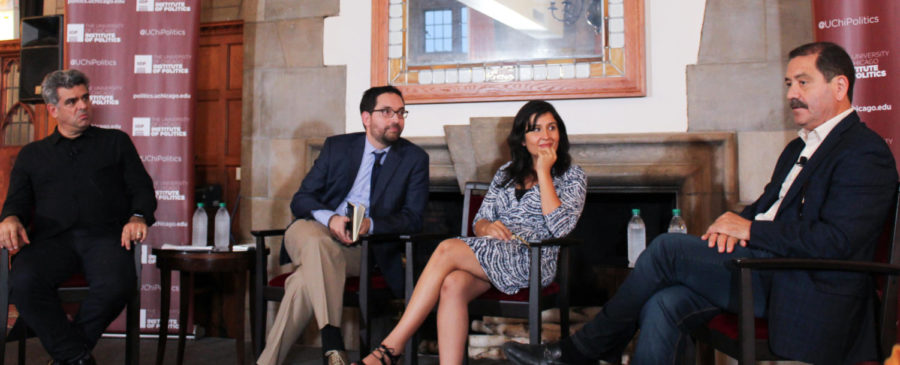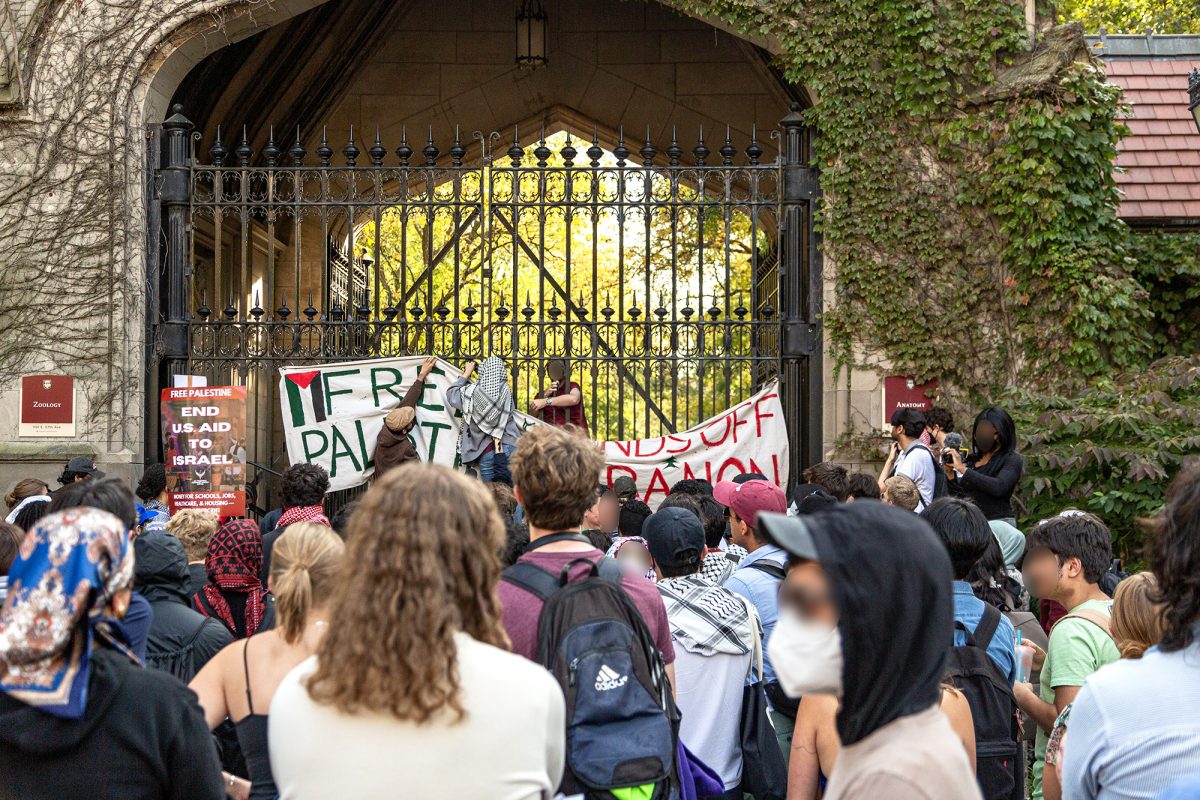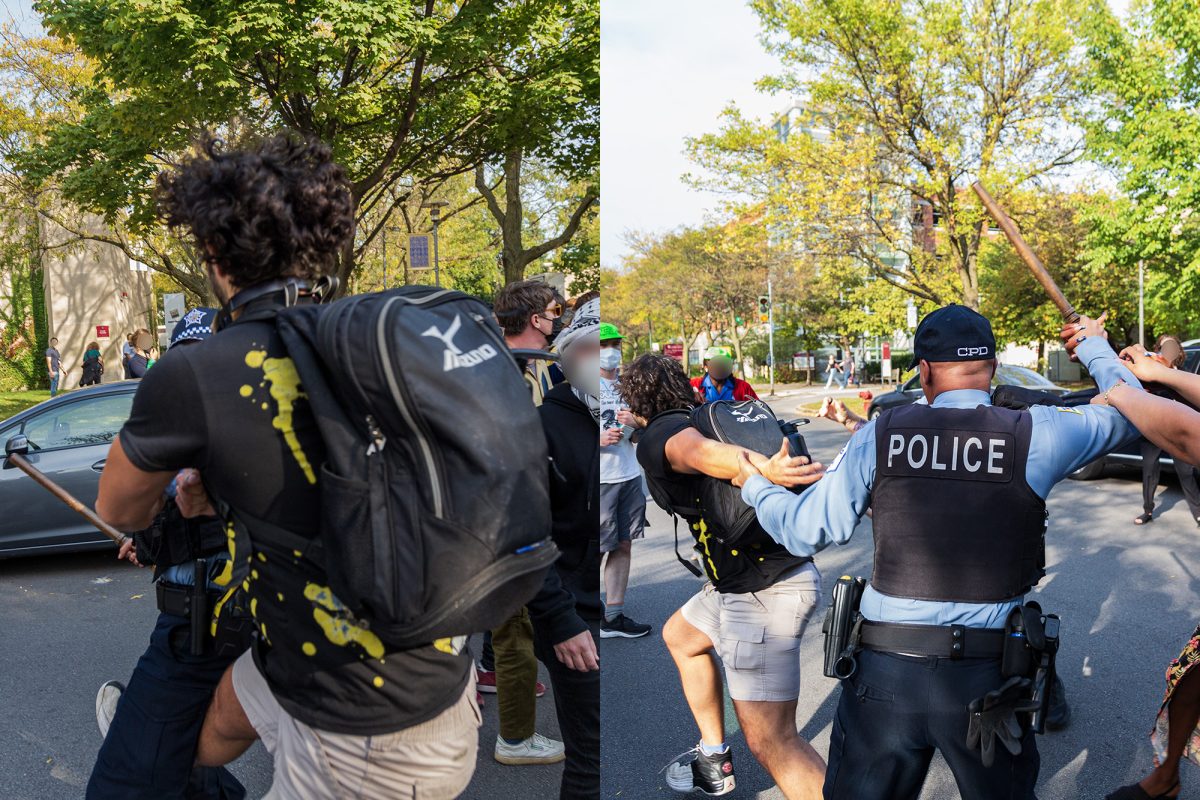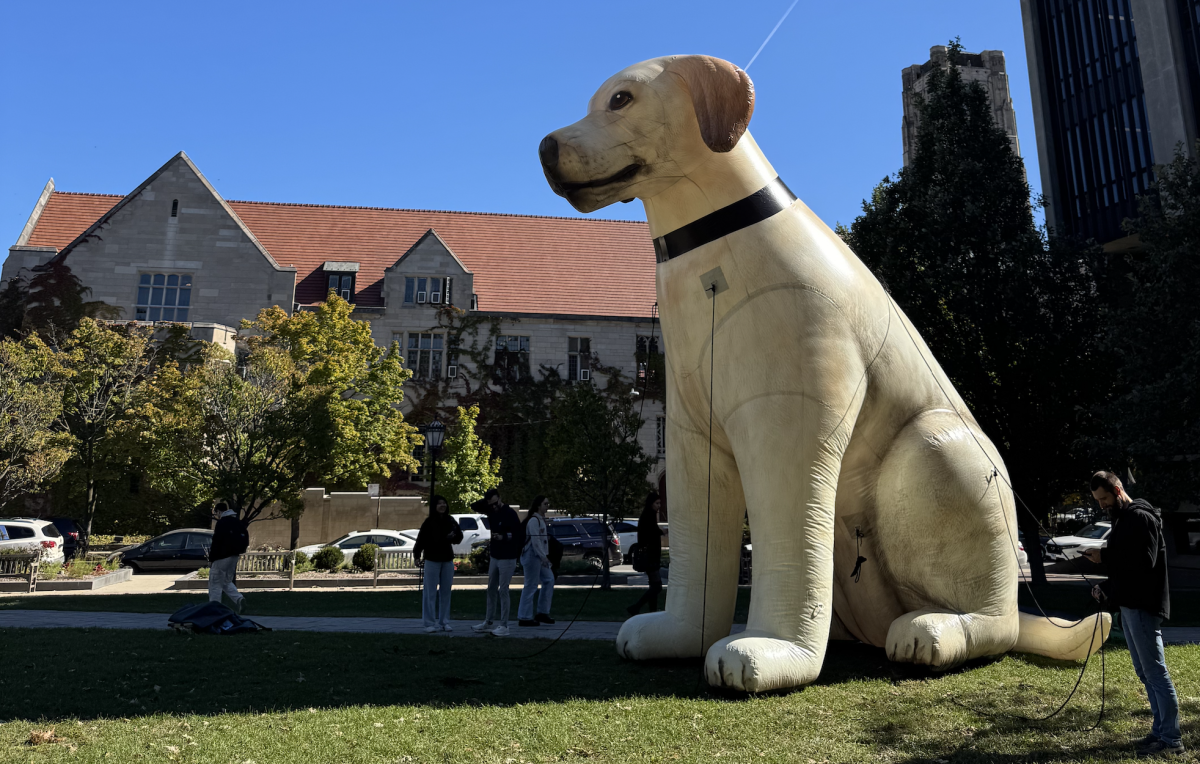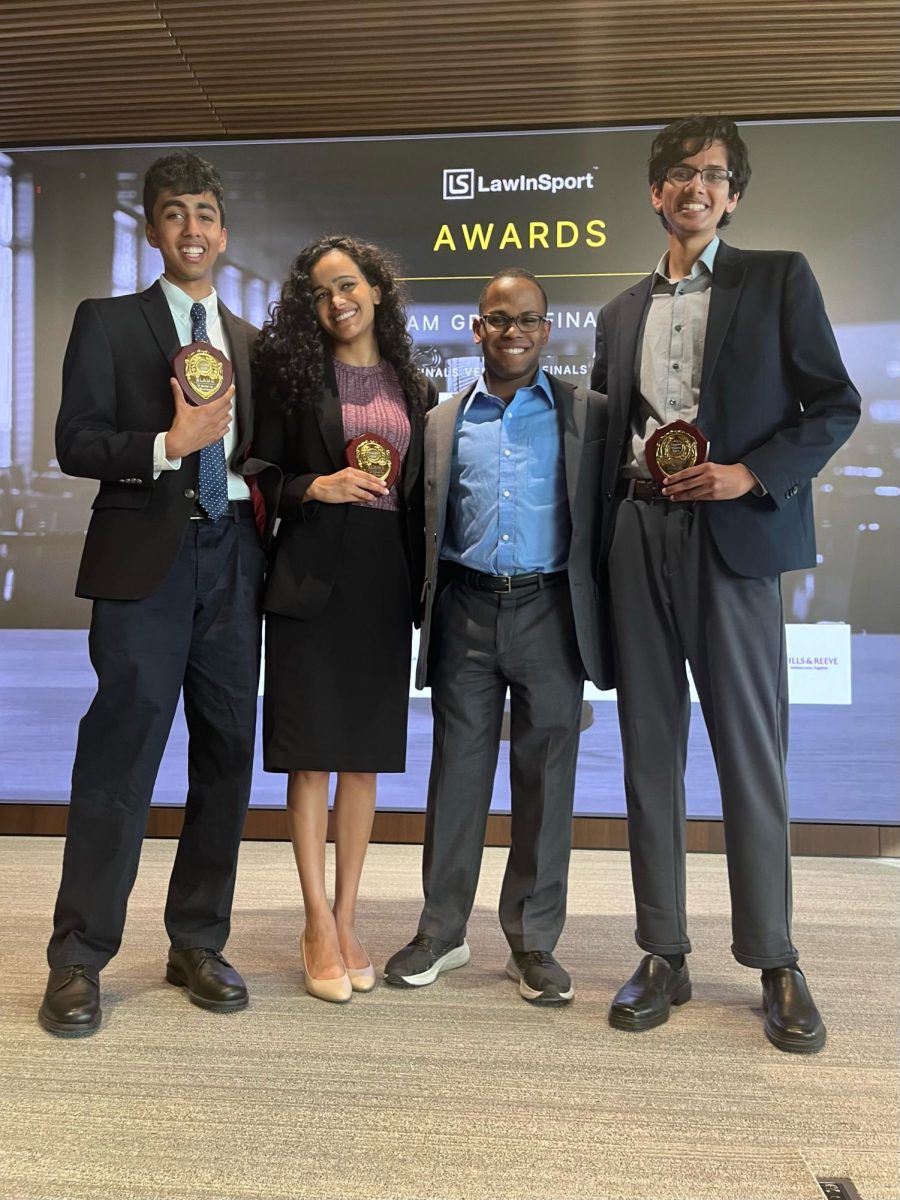A panel discussing the existence of a singular Latin-American political identity was led by UChicago history professor Emilio Kourí at the Quadrangle Club last night.
On the panel were Northwestern University professor Geraldo Cadava; University of California, Berkeley professor G. Cristina Mora; and 7th District Cook County Commissioner and Chicago mayoral race runner-up Jesús “Chuy” García.
Mora argued that Latinidad, the blurring of various Hispanic and Latin-American nationalities into a singular identity, is a socially-constructed category that has developed real significance.
Though older generations may view the Latino categorization as superficial, Mora stated, younger generations of Latinos have grown up with a sense of cultural solidarity. Mora attributed this unity to shared stories of systemic social disadvantage, the rise of Latin American news outlets, and increased intermarriage and integration of Latino communities.
Cadava drew attention to the particularities of individual Latin-American cultures in the United States. He noted that Mexican Americans are likely to place importance on border security and trade when casting their votes, while the political personas of many Cuban Americans are shaped by a history of communism and those of Puerto Ricans by statehood and bilingualism.
“The thing that unites all Hispanic or Latino groups are experiences of race, immigration, empire, labor. In one way or another all of those categories have cut across all groups of Hispanics and Latinos,” Cadava said.
The moderator, Kourí, then turned the discussion to Donald Trump’s notorious branding of Mexican migrants as criminals and rapists in addition to his promise of mass deportation, contending that Latinos will either vote for Hillary Clinton or stay home. Adding that a Clinton presidency would likely not differ greatly from that of Barack Obama, who has been coined “Deporter-in-Chief,” Kourí argued that the peculiar constraints of this election could potentially prove detrimental to voter turnout among Latinos and Hispanics.
“There are 57 million Latinos or Hispanics in the U.S., there are a potential 27.3 million eligible to vote, 44 percent of the potential Latino electorate are millennials. Millennials already shook up the electoral cycle as they trended toward Bernie Sanders. If that could continue into the general election, that would get us, I think, major attention,” García said, emphasizing that the growing political power of Latinos could be a source of pressure on the two major political parties.
Mora stressed that the narrative regarding the tipping force of the Latino vote has recycled throughout several election years since 2000, never coming to fruition. It is important, Mora stated, to understand that the widespread cynicism and lack of political efficacy within this demographic is justifiable. Mora noted that instead of faulting low Latino voter turnout, the blame should be shifted to society for the systemic neglect of Latinos and the false sense of hope that comes with every election cycle.
Before opening the discussion to audience members, the panelists agreed that the reduction of the Latino and Hispanic political agenda to solely regard immigration is concerning. Mora noted that Latinos and Hispanics are also concerned about the economy, the affordability of education, and issues of race. To many Americans, Mora said, third- and fourth-generation Latinos and Hispanics will always be viewed as foreigners.



